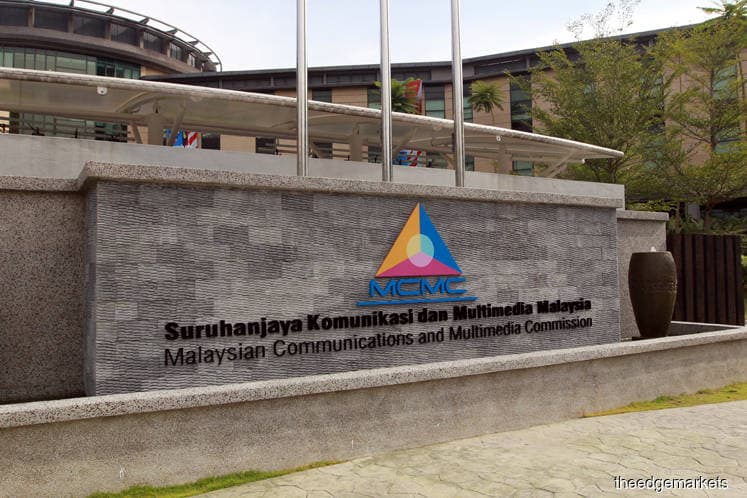
KUALA LUMPUR (March 27): The Malaysian Communications and Multimedia Commission (MCMC) said optimisation of the existing 4G network is essential before the country can see the full adoption of 5G network.
While the 5G Taskforce was established by the commission in November 2018, with the aims of exploring practical uses and modes of 5G, as well as to learn and iron out policies, regulations and spectrum planning for 5G, MCMC said full adoption may only take place in a few years’ time.
“Thus, what is essential today is for the current network architecture to be fully enhanced and optimised to address congestion and manage high bandwidth.
“Malaysia’s current network suffers from low throughput of 9 megabit per second (Mbps) or 36% below average during certain times of the day, as a result of congestion or bottlenecks between network elements, i.e. the radio interface and core network,” MCMC said in a statement.
This is due to a partially fiberised end-to-end network architecture, it said, pointing out that only 40% of the Base Transceiver Stations (BTS) are fully fiberised. Currently, the average 4G download speed in Malaysia stands at 21.1Mbps, it added.
MCMC chief digital officer Gerard K M Lim said 5G technology promises 1 Gigabit per second (Gbps) per user and if the core network upgrade work is overlooked, the same throughput issue will continue to plague the country.
Lim said there would be a potential bottleneck or congestion point between BTS and the core network and therefore, the telecommunication providers must ensure that current 4G access is optimised and at the same time, prepare for the upcoming 5G requirements.
“Ultimately, the goal is to ensure positive customer experience, when it comes to connectivity without any congestion issues.
“This is also in tandem with the government’s National Fiberisation and Connectivity Plan (NFCP) to provide the rakyat with robust, pervasive, high quality and affordable digital connectivity, as we usher the next wave of technological advancement,” Lim said.
5G connectivity has the potential to grow the economy by delivering the next generation of digital services, said MCMC, adding that technologies like artificial intelligence, virtual reality and massive machine communications will rely on the future deployment of 5G.